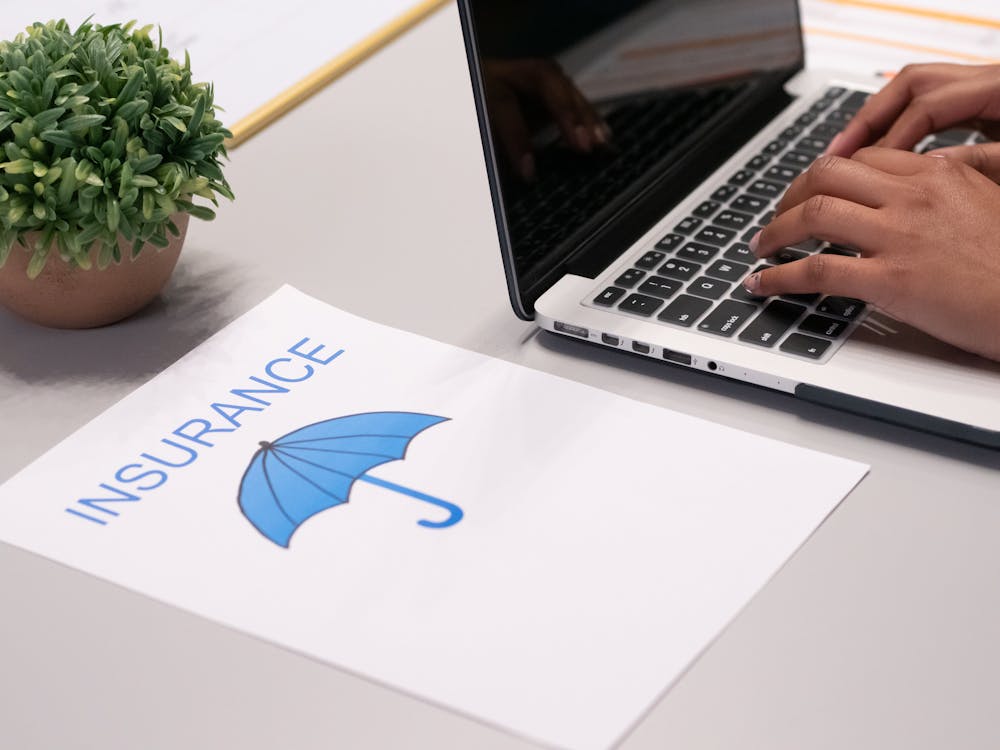
Insurance is an essential part of running a business. It protects you in the event of loss, damage or injury. But many small business owners do not know how to choose the right insurance policy or what type of coverage they need to protect their assets and income. This guide will help you make the most informed decisions regarding your business insurance needs:
Table of Contents
Consider Excess Insurance
Excess insurance is an additional form of business insurance that offers protection over and above the limits set by your primary policy. For example, buying excess insurance would be a good idea if you have a $1 million liability policy through your primary policy but want to protect against losses exceeding that limit.
Excess coverage is comparatively more affordable than its primary counterparts. However, they’re designed for small-time risks that may not be worth insuring. Most small businesses don’t even purchase excess coverage until they’ve exhausted the funds available from the primary plan.
The amount of excess coverage to buy depends on what type of business you operate and how much financial protection it needs. In general, it’s recommendable getting at least ten times more than your salary or revenue per year just in case something goes wrong.
Always Understand the Policy
When you purchase a policy, it is necessary to understand the terms and conditions of the policy. You should know what is covered, what is not, and what limitations there are within the coverage selected. It allows you to make educated decisions when purchasing your insurance policies.
Not understanding the policy before signing the documents can lead to claim denial. For example, in recent times, hospital claim denials have been increasing steadily at a 23% higher rate than in the past few years. One of the common reasons for claim denial is not understanding the terms and conditions mentioned in the policy documents.
The exclusions may include things like acts of God or war. However, most people do not have specific exclusions because they are usually covered by other policies, like homeowners’ insurance or auto insurance.
Review the Policy Regularly
The last thing you want is to be blindsided by an insurance claim that could have been prevented. Indeed, insurance policies often contain exclusions and limitations, but it’s still important to understand them so you can act accordingly.
Once a year, take your time to review the policy in detail and make sure you’re fully aware of its terms and conditions. It includes understanding what is covered under the policy and any exclusions or limitations that may apply. For example, checking if claims will be denied if there’s been a lapse between renewals.
It’s also important to keep copies of all policy documents in a safe place. Having this information available when you need it can help ensure that your coverage is in place, or at least as much of it as possible.
Read Between the Lines
Reading between the lines can help you understand exactly what your policy covers. Make sure you know what’s covered in your policy and what isn’t, and any exclusions or limitations. It’s also necessary to check for changes in policy wording that may impact how much coverage you receive.
If your policy has changed, you may need to re-evaluate your coverage and ensure it still meets your needs. Contact your insurance agent for more information if you have any questions about what’s covered in your policy.
Understand What Is Covered and What Is Not
When you buy a policy, it’s crucial to understand what is and isn’t covered under the plan. If you don’t know how the insurance works, you could buy something that doesn’t cover what it should.
For example, a survey in the US claims that around 50% of car drivers think that their policy includes accidental death and dismemberment. But accidental death and dismemberment are not a part of car insurance.
General liability will cover bodily injury or property damage caused by negligence on your part as an owner or employee. Property damage only covers damage to others’ personal property by natural causes such as lightning strikes and hail storms.
Have an Insurance Agent Who You Trust
An insurance agent you trust can make a big difference in your business. To find the right person, look for someone who has experience working with businesses like yours and is familiar with the needs of small businesses.
More than 1.2 million insurance agents and service employees in the US are extending their support to customers. They understand the need of the customers and help them choose the best insurance plan. However, other data from 2021 suggests that around 44% of Americans purchased insurance online. Hence, you can also compare insurance policies online.
Have a long-term relationship with your insurance agent so that they understand your business and vice versa. You want to know that when changes happen in your company, like adding employees, they’re notified immediately, so they can ensure you have all the coverage you need.
Use Real Life Examples to Understand the Coverage
Insurance can be a confusing subject. It’s not just about the money; it’s about risk management.
Insurance is a vital part of your business and should not be taken lightly. Make sure you have the right coverage for your business by discussing with an agent what type of insurance you need before signing on the dotted line.
Use real-life examples to understand coverage. Your business may be at risk from many types of damage or loss that could unexpectedly impact your bottom line. It can include fire damage, theft, or even a lawsuit filed against you by a customer who didn’t like their meal at your restaurant.
The best way to ensure these situations don’t happen is through proper planning and education on how insurance works within society. It helps everyone understand why this coverage is so important for them personally and professionally when working together towards achieving shared goals.
Shop Around and Find the Best Deal
As a business owner, you know it pays to shop around when purchasing your products and services. Comparing quotes from different insurance companies before signing on the dotted line is necessary. This way, you can be sure that you’re getting the best deal possible for your money.
If one company doesn’t offer competitive rates or their coverage is less comprehensive than another company’s, it may be worth switching providers at renewal time. However, in some cases, there are no disadvantages in shopping around for better coverage.
Asking around isn’t enough. Instead of asking friends and family members who they use, ask agents directly for other quotes. Then, they can provide an honest opinion without being biased by personal relationships.
To be a successful business owner, you must know your insurance options and protect your most valuable assets. The tips above are some of the many things you can do to ensure that your business is covered when disaster strikes. It may seem like a lot at first, but once you start, it’ll become second nature.




